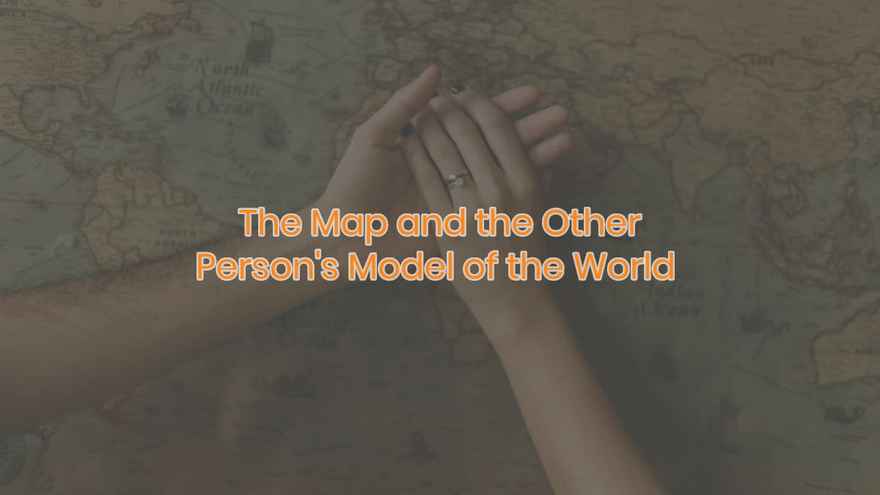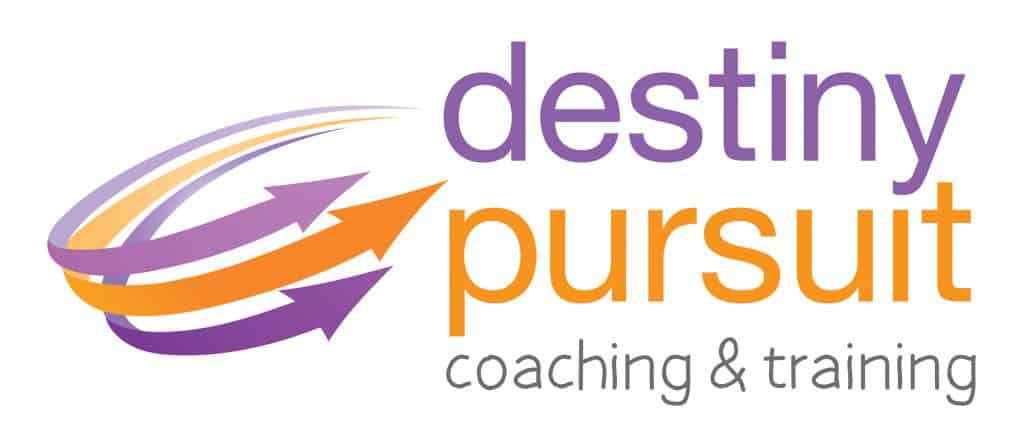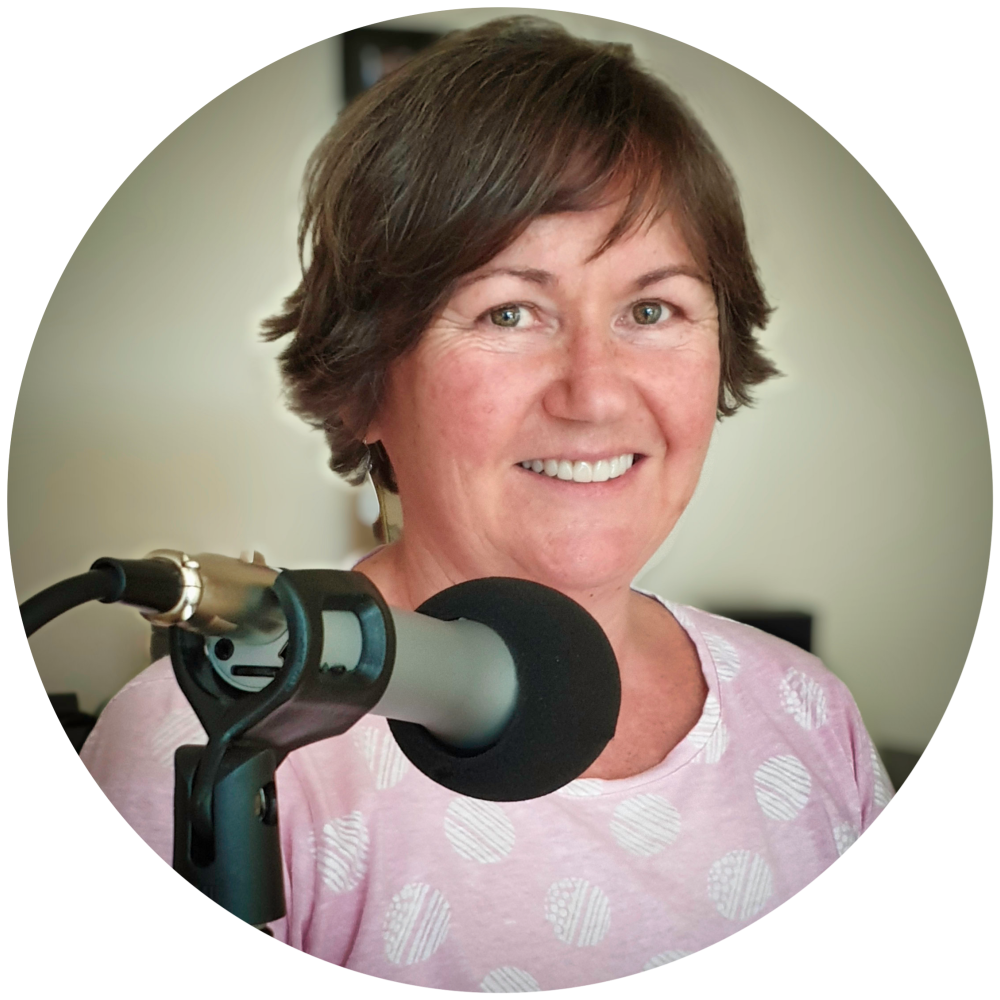The Map and the Other Person's Model of the World - NLP Matters, Episode #031

The Presuppositions of NLP provide us with a compass that guides us as we use and apply powerful NLP techniques to take control of our own lives and really make a difference. These presuppositions form the ecological framework that ensures the practice of NLP is constructive and expansive rather than restrictive and destructive.
In this episode, we’ll take a closer look at two of these important presuppositions - The map is not the territory, and having respect for the other person’s model of the world.
Listen to the podcast to learn more.
Listen to the Podcast
Here are some key takeaways from this episode:
- The map is not the territory is derived from the fact that we all construct our own version of reality.
- The strong desire to be right is our unconscious mind or our ego trying to protect our identity, which is one of its jobs. However, the desire to be right no matter what can be one of the most damaging behaviours to human relationships.
- There can be different perspectives on the same thing. Just because others have different perspectives and views, it does not mean we are wrong or that they are wrong.
- Embracing the presupposition that the map is not the territory, creates the potential for us to look at another person’s map with empathy or compassion.
- When we choose to respect that others do have a different map to us, none of the protective reactions matter - the misunderstanding, confusion, bewilderment, needing to be right, ascribing negative or sinister motivation. We can also clearly see that individual differences do not pose a threat and are not a personal attack on us.
- Showing respect for the other person’s map means that we accept that there is not a deficit. There is nothing that they need to fix. They just have their own map based on their own perspective.
- The NLP presupposition that the map is not the territory is the most fundamental of all to NLP.
- Millions of bits of information bombard us every second but we only have a limited capacity to process all those bits. We go through the process of deleting, distorting, generalizing, and filtering in the information. We constantly go through a process of selecting what is important to us and it is only from this selection that we then create our internal representation.
- It is impossible for any two human beings to select exactly the same combination of informational “bits”.
- Our map of the world is the thing we use to guide us and make our decisions by.
- Our reality may feel objective but at some level, it is a subjective construction, which means the map is not the territory, and it never can be. What we have perceived can only ever represent parts of the external environment, and is only an internal representation of an external reality.
- All of us are walking around with our own maps. Sometimes those maps are very functional. They deliver for us the lives that we want to have. They give us opportunities for growth. They give us opportunities for love and connection. They meet all our core needs, and they deliver for us a life that is fulfilling, we're happy or content or satisfied with it. Yet, sometimes the map may not be so functional - it is not fulfilling. It doesn’t create the quality of experience, relationships, prosperity, the quality of life we want to have.
- Embracing the presupposition that the map is not the territory gives us the opportunity to explore our map with great curiosity.
- When we engage with others, it is important for us to respect the other person’s map of the world. It is a journey of discovery.
- We can continually change and grow our map of the world. We can change the direction we're headed or the components in the map that we're choosing to notice, but we cannot impose our map onto others or give them some other map we believe would work better for them.
- Recognizing that the map is not the territory enables us to see that we do have the capacity to change our experience of reality. We can reshape and reform merely by changing the things we focus on, maybe it's changing some of our values or beliefs, that will have us rediscover possibilities and opportunities that we thought we would never have.
- Being able to show deep respect for each person's model enables us to create a zone of safety where we can explore together different models whilst knowing that neither us nor they are being judged or evaluated harshly for the things that we believe or the ways that we have built our respective models of the world.
- Showing deep respect for our individual models of the world means that we are being an observer of both our own and others worlds, rather than a critic.
- Being curious about our individual models of the world without that overlay of judgment enables us to create an opportunity for us to explore the possibility of transformational change.
I invite you to try these two fundamental presuppositions in today’s world, where everyone has an opinion and discover how much more relaxing it can be when we embrace these beliefs.
In our next episode, we’ll explore three more of the NLP Presuppositions – that resistance to communication is a sign of a lack of rapport; that the most important information about a person is their behaviour; and that there is no failure, only feedback.
Listen to the Podcast
Joanne Clark
Joanne Clark is an Internationally accredited Master Trainer of NLP who has been delivering NLP training since 2011. Being on her feet in front of training rooms is where Jo loves to be and her passion for inclusive and immersive training that delivers outstanding learning outcomes is apparent to everyone in her training rooms. On average Jo delivers 140 days of training per year in addition to online webinars, guest speaker events and group coaching.
“NLP is at the core of all my training and coaching, it is at the core of who I am, how I interact and connect with people. I am absolutely passionate about spreading the NLP tools across the planet as I endeavour to support Robert Dilts’s vision of Creating a world to which people want to belong.” Joanne Clark
Certified Master Trainer of NLP; Master Practitioner NLP, Hypnotherapy & Matrix Therapies; Performance Coach; Cert IV Coaching; Advanced Practitioner in Coaching; Cert IV in Business; BA(Hons); Majors in Sociology and Psychology; Parent Education Leadership Training (PELT) Certificate; Mother of four children; Private Pilot (PPL); Diploma in Life Coaching


0 comments
Leave a comment
Please log in or register to post a comment